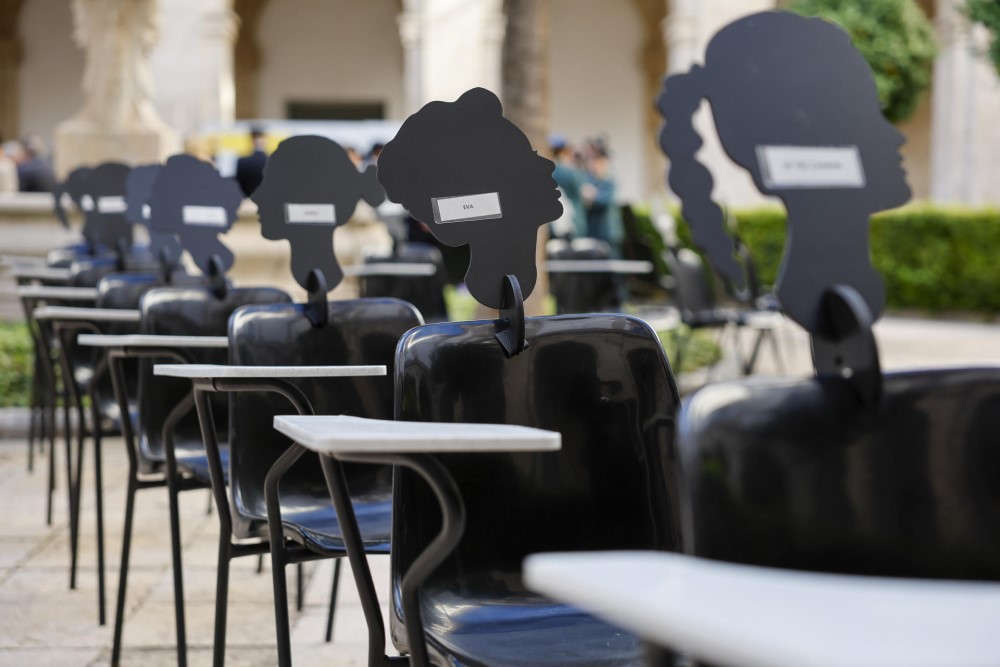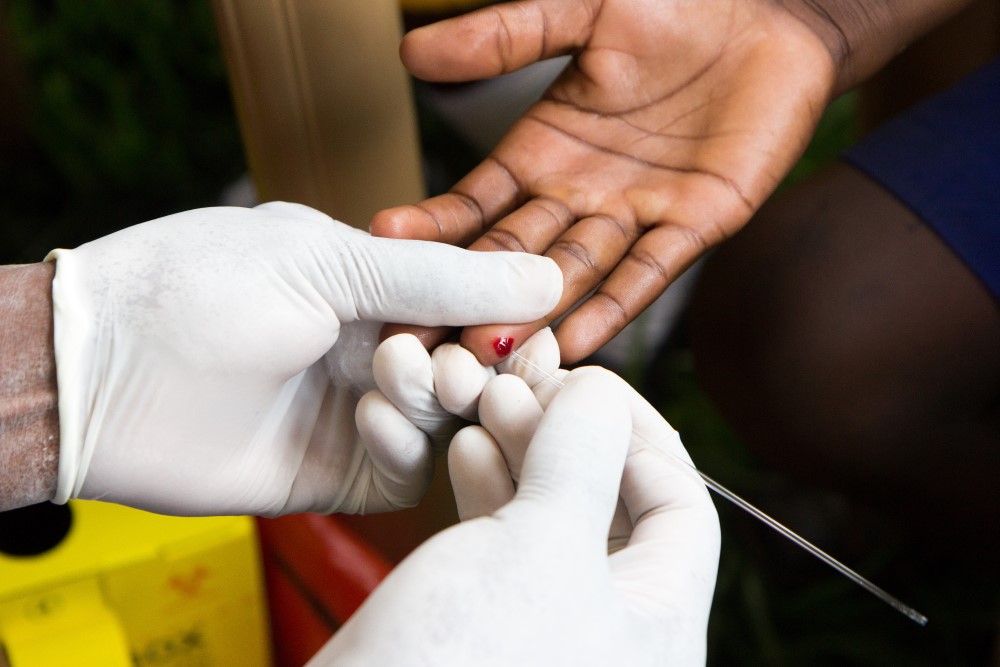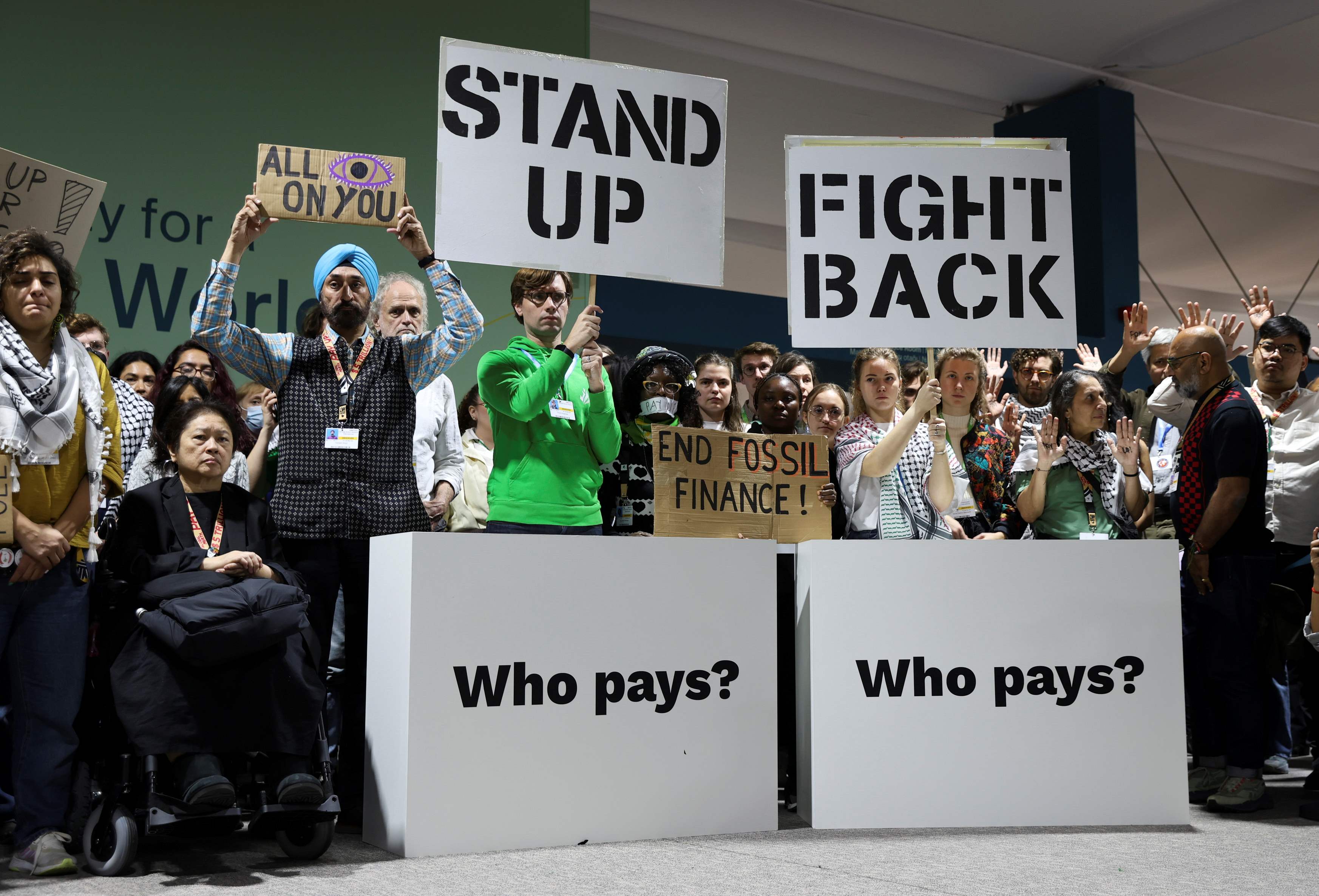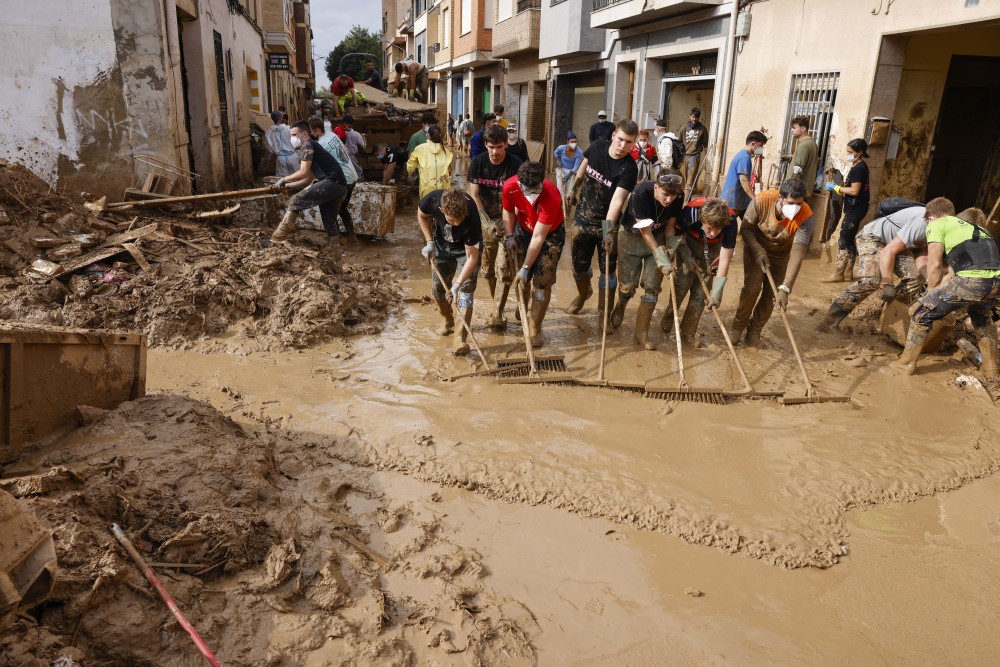When words also protect: the role of the media in combating gender-based violence
The power of communication to represent violence against women has been on the table for scientific and social debate for more than two decades. However, after 25 years of manuals on how to address gender-based violence in journalism, inadequate coverage persists, still romanticising it or simplifying its approach as emotional violence.









